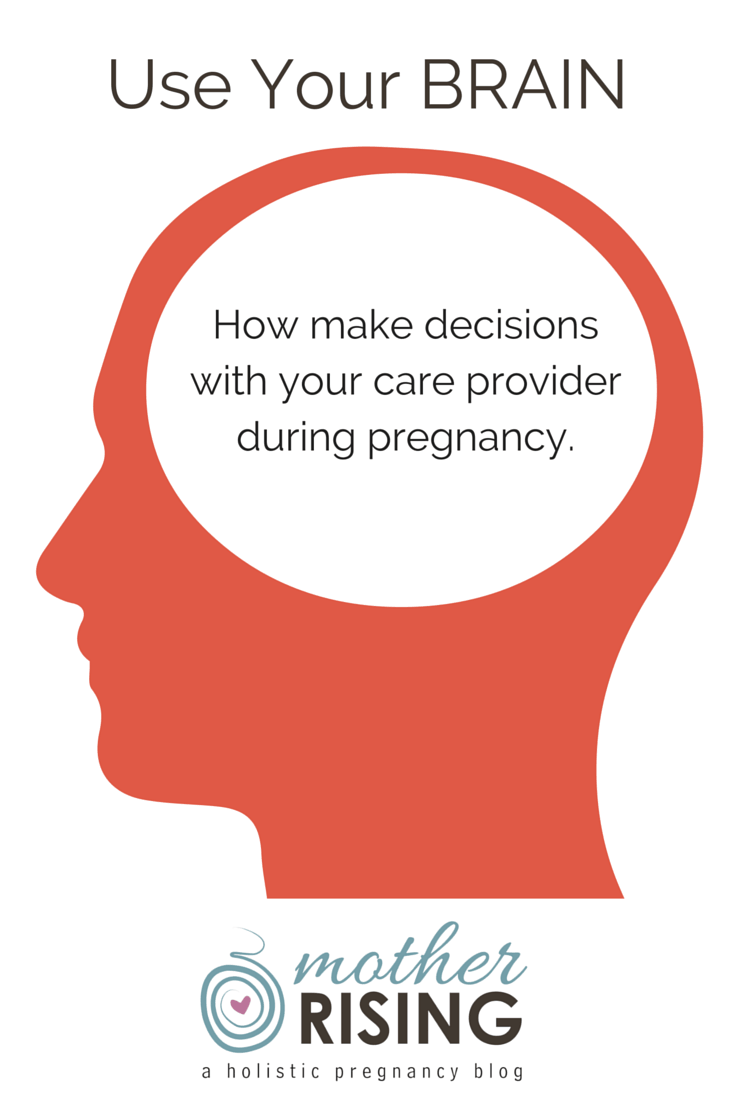Induction is a hot topic. The word induction brings forth an array of emotions in women: relief, anger, frustration, excitement, confusion, exhaustion, etc. Powerful imagery brings to mind pitocin, contractions, epidurals… and the joy of knowing you get to meet your baby soon. Induction of labor is a tough subject, but let’s talk about it.
The Induction Decision
I wrote this blog post on induction to
a) sympathize with moms who have or will be in the position of their care providers pushing an induction. It’s a hard place to be in especially if that wasn’t your ideal birth experience. Also, to
b) remind moms that they are their own advocates, there is good research to be read and they can be a part of the decision making process in their prenatal and delivery care.

Reasons for Induction
Women get induced because they are told by their midwife or OB that the risks of waiting for labor to happen on its own are greater than the risks of a medical induction. Care providers want to avoid harm to the mother and baby.
Women may agree wholeheartedly and gladly get induced, others have their doubts but go along with the plan anyways, and others start asking questions.
Most already know the benefits of induction, but what are the risks? What are her alternatives?
If she asks these questions, will she get real answers? Or will her care provider blow her off, or even worse play the dead baby card (“If you don’t do ___________ your baby could die.”)?
For the latter, my heart goes out to these women.
These mamas don’t want to harm their baby, or themselves, but they just feel that being induced is going down a path that they desperately want to avoid. If they stop and notice what they are feeling and thinking, they might feel warning bells or red flags flying around.
However, it’s their CHILD in question here and they don’t want something bad to happen. I mean, as a mother she’s supposed to protect her from harm… and following her care provider’s recommendations would protect her, right?
The Thinking Woman’s Guide to a Better Birth
“Inducing labor is intrinsically ironic. It works best when least needed and often fails when needed most. It also causes the very problems it was intended to prevent.” – The Thinking Woman’s Guide to a Better Birth
For a really good read on inductions check out The Thinking Woman’s Guide to a Better Birth by Henci Goer. If you like statistics and facts, this book is right up your alley.
However, the good thing is that you don’t have to read medical studies to get the good information because Henci did all the work for you. All you need to do is just read all the conclusions, but if you’re looking for extra credit, all the studies and references are noted in the back of the book.
I highly recommend this book especially for first time moms who haven’t done research about the ins and outs of prenatal care, care providers, childbirth, and birth outcomes.
Induction Facts
Here are a few good and interesting induction facts I gleaned from reading Henci Goer’s book:
- Induced labors are harder on babies. It takes really hard contractions for a long time to get in a good labor pattern. Sometimes, drugs like Pitocin, Cervidil, and Cytotec can cause unnaturally long and close together contractions, which in turn can cause physical stress and harm to the baby.
- Inducing for convenience has been disapproved by the FDA.
- Ultrasounds can be off by +/-1-2 pounds so it would seem that an induction for a suspected “big baby” (per the results of an ultrasound) might not be the wisest solution. Especially since shoulder dystocia (SD) doesn’t have a strong tie to weight. (I was recently at a birth with SD and the baby was 6 pounds something! SD was resolved just fine, by the way, by a well-trained midwife.)
- The average length of pregnancy for first time moms goes to the 41st week… which means a postdates induction at 41 weeks just because a woman is 41 weeks is a bit silly. Give her a little bit more time… you’re stressin’ her out!
Making the Induction Decision
A big part of WHY I am ok with my induction is because I was an important part of the decision making process. I gathered information, and with my care provider, we made the best decision for my baby and I in that moment.
I am so grateful I had the tools to work with my care provider, advocate for myself and be a part of the decision making process.



Crocket
Monday 27th of November 2017
Oh. My. Gosh. I got so distracted by the web banner advertising riddled throughout this piece I forgot the topic.
Is it possible to read a blog in full without getting bombarded with several thousand of your affiliate advertisements getting up in my face? It really devalues the info you provide and the credibility of what you do.
Lindsey
Monday 27th of November 2017
Thanks for your feedback! I'll take it up with my ad network. :)
Anneleen
Sunday 5th of November 2017
Hi, I just stumbled upon your post. I had my daughter in may, some already six months ago. In the end, I had a very nice birth experience but unfortunately not because of my doctor. With 39 weeks she proposed induction because (in her opinion) I was going to have a huge baby. She based her opinion on the measurement in week 32 and the size of my belly. I kindly refused, but she let me come back for monitoring every other day. I haven't seen her anymore, I was always monitorred by midwives who had to keep her up to date over the phone. I felt rally good, I felt my baby, my body had already been prking for weeks (two weeks of pre-contractions and 2 cm 5 days before actual labour). So I was confident that it was going to happen on its own. But the doctor kept pushing induction and let the midwive tell me (yes, all over the phone) that I was risking a c-section if I didn't get induced. Fortunately, I had my own midwive who was fantastic and who assured me to listen to my own body. It was my baby, my labour and I read and heard several times that an induction for a large baby is not common. (Btw, I didn't believe that my baby was going to be huge, because with 38 weeks I asked for a second opinion and this doctor told me that my baby was not little, but not gigantic as well) So, I kept refusing induction thinking that I was very well informed. In the end, my baby is born on her due date. Natural birth, no epidural, no horror story, on my hands and knees,... I am very proud I stepped up against my doctor, but I have been afraid that I was making the wrong decision. After all, care takers should take care of you, not frighten you. Altough I am very happy that I did what I did, I am still a bit mad today. I keep reassuring myself that I haven't taken any risks. Btw, my doctor wasn't even present during my labour. And she did not come to check on me or my baby after birth.
Lindsey
Monday 6th of November 2017
Thank you for sharing your story!!
Jillene Narraway
Saturday 3rd of September 2011
6 Deliveries, 3 inductions, 3 went into labor on my own. Interestingly enough, the labors I and baby needed the most interventions were the times I went into labor on my own. Baby #1, water broke, labor went absolutely nowhere, I had a high fever and absolutely no progress after 12 hours and TONS of walking, positioning, etc… doctors assisted/induced labor. Baby #2, labor began with no water breaking, during labor baby’s heart rate crashed. I was being prepped for a emergency c-section and I “felt something” and when checked was fully dilated. Baby was born with significant meconium and breathing trouble resulting in NICU for a day.My induced babies all came quickly (as far as labor goes) within 6 hours and healthy. I have big babies. For 2 of my induced babies, the first few hours of pitocin induced contractions were just like what I had been experiencing for weeks. Those babies were poorly positioned and were up high, my last baby was even born with marks on her head from being “stuck” in my pelvis poorly. I had been trying to reposition her, but to no avail. My fastest delivery was baby #5, water broke (all on my own) and he was born 3.5 hours later. Crazy intense, just like my inductions felt!I am happy with my deliveries. Each different, none as I “planned” or I should say none as I “expected” but all fine! What I really wish is that I could have one baby without puking, yuck! I always puke before/during transition, nonstop… but my husband is always great during that… he receives compliments from the nurses, hehe
Lindsey Morrow
Saturday 3rd of September 2011
Thanks, Leslee. I think I'm going to include Goer's book in my list of must-reads - Birthing From Within, something by Ina May and then Goer's book.
Leslee
Friday 2nd of September 2011
This was such a great post, Lindsey! And Goer's book is one of my go-tos!!!